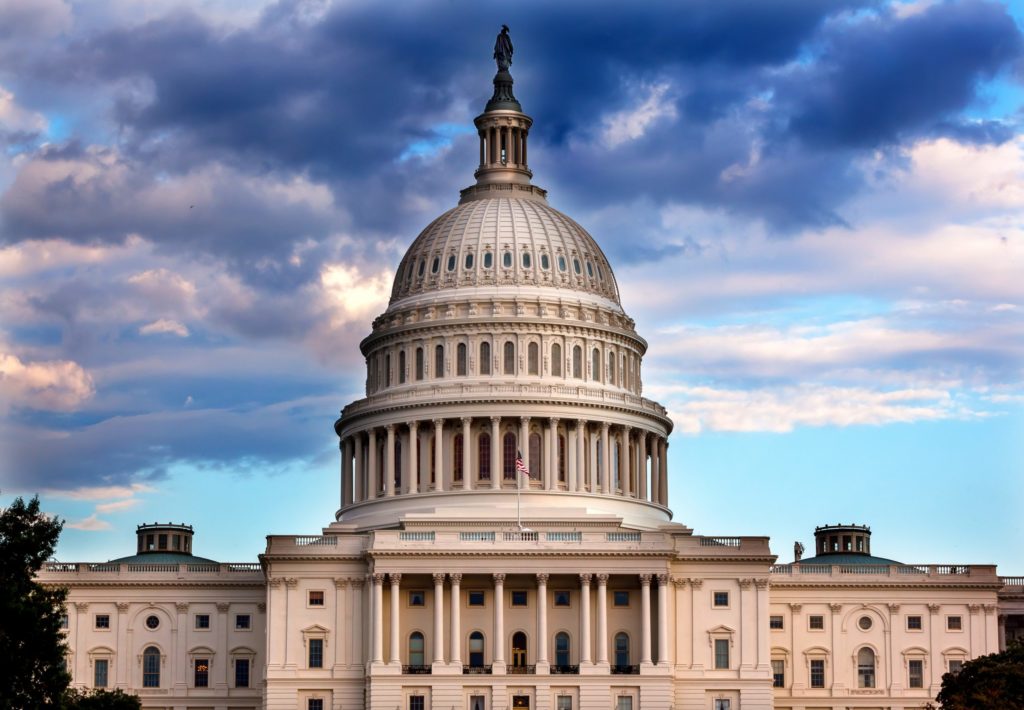Meet Barry Gilway: Florida’s fate is in his hands
Meet Barry Gilway, 66, Florida Citizens Property Insurance Corporation’s new president. Given the challenges ahead, I don’t know whether or not to congratulate him.
Gilway has over 40 years of experience in the insurance industry, including heading the Seattle-based Mattei Insurance Services and serving as an executive for the global insurance conglomerate Zurich. He was unanimously elected by the board to head the state-run property insurer at a time when its board is considering several reforms, including a controversial proposal to uncap rates for new customers.
That proposal has sparked pushback from some state lawmakers, with state Sen. Oscar Braynon, D-Miami Gardens, and Rep. Frank Artiles, R-Miami, planning a June 18 roundtable on Citizens rates at Florida International University in Miami. Citizens’ board is well-aware of the political risk they face, with Chairman Carlos Lacasa recently telling the board’s Actuarial and Underwriting Committee to expect the Legislature to weigh in if they don’t feel they’ve been included.
“They will pass legislation that undoes what we do or prevents us from moving in that direction in the future,” Lacasa said during the conference call meeting. “And then we have yet that much more of our hands tied behind our back. This has to be a very deliberative process.”
Gilway replaces Interim President Tom Grady, who has overseen Citizens for the past several months and has been a leading proponent of reform within the organization. Citizens Board Member John Whortman made a motion to include Grady’s name for consideration of the permanent post, but his motion failed.
Although Gilway’s resume is an impressive one, the bigger story here is that he acknowledges that Citizens rates are currently inadequate and a key component to any reform proposal must address that inadequacy.
“There clearly has to be a mechanism in place to get rates to a much more adequate level,” Gilway said. He also went on to state that Citizens having “appropriate rates” would help attract more private insurers to enter Florida and do business here.
His acknowledgment of Citizens’ rate insufficiency comes on the heels of the board trying to find ways to raise surplus for the state-run insurer to reduce its size, attract more private insurers into the state and reduce the enormous risk on taxpayers. Earlier this year, Citizens issued the largest catastrophe bond in history, the $750 million Everglades Re issue, and subsequently pushed up their private reinsurance package to $1.5 billion. The company has also brought a package of $1.5 billion of tax-exempt bonds to market, including $1.1 billion that mature in 25 years, $250 million of short-term notes that mature next year and $150 million of floating-rate notes. Bond insurer Assured Guaranty Municipal Corp. has provided $900 million of financial guaranty insurance to the package.
Gilway beat out the other top candidate for the post Glen Pomeroy, chief executive officer of the California Earthquake Authority. In his interview, Pomeroy largely emphasized building “consensus” and working “together to take the temperature down a bit in terms of the debate.” This did not seem to sit well with the board, which ultimately selected the more direct Gilway in a unanimous vote.
Those of us watching what Citizens does in the next few months have only Gilroy’s experience and his statements during the Citizens board interview to go by. Both are good signs in that they seem to indicate that he will pursue the kinds of reforms that Citizens needs to get back to its original intent and reduce the risk on taxpayers.
No start date or terms of employment were set at yesterday’s board meeting. We will keep an eye on things and report any developments.









